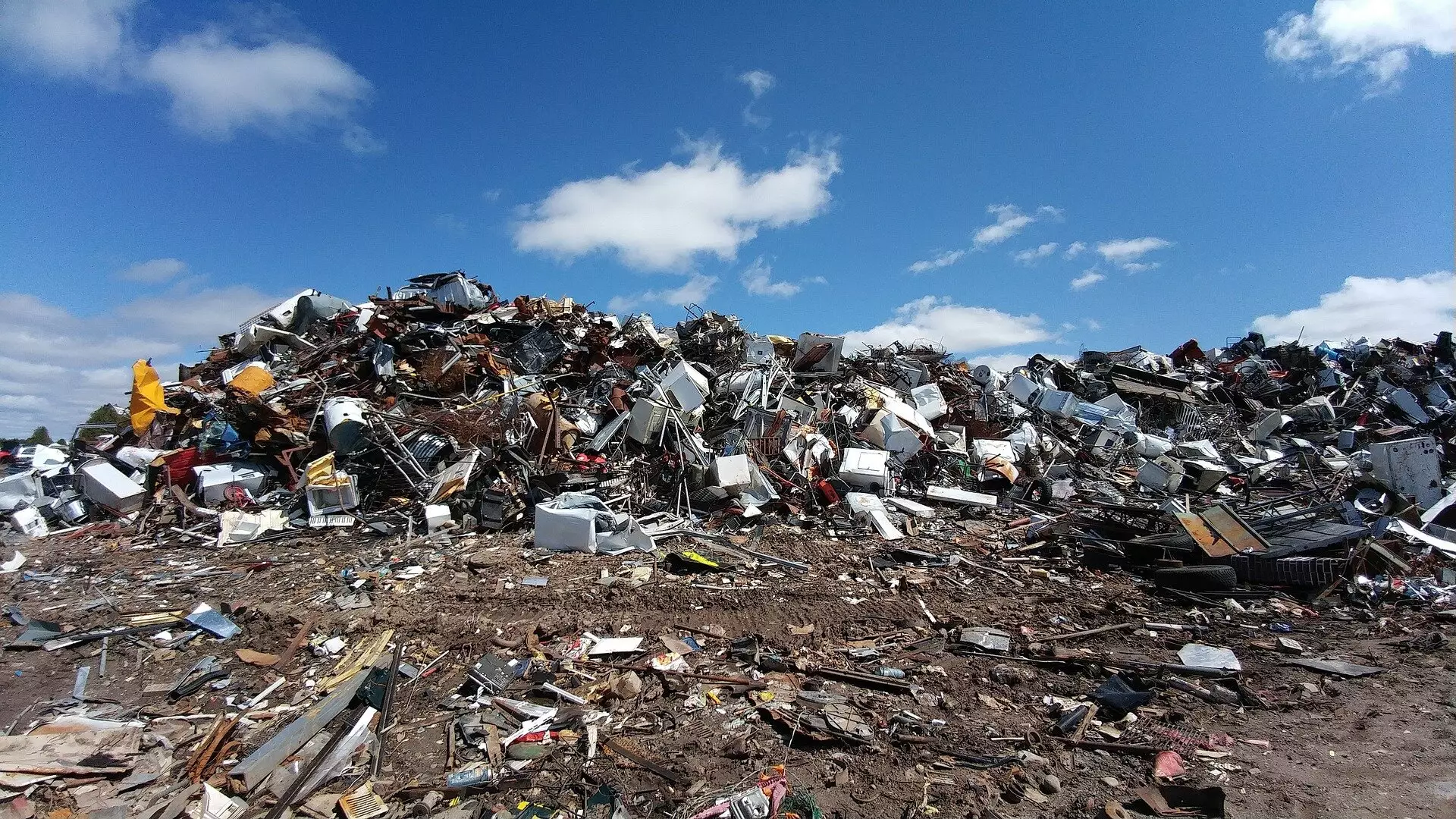In the quest to mitigate food waste and reduce the substantial environmental impacts associated with it, several U.S. states have attempted to implement food waste bans. A recent study conducted by researchers at the University of California’s Rady School of Management highlights the shortcomings of these strategies, revealing that Massachusetts stands out as the only state to have successfully diverted waste from landfills and incinerators. This article delves into the findings of the study, examines the unique features of Massachusetts’ legislation, and discusses the implications for future food waste policies across the nation.
Since 2014, numerous states have enacted laws aimed at prohibiting commercial entities, particularly grocers and large food producers, from disposing of food waste in landfills. Authors Robert Evan Sanders and Fiorentia Anglou emphasize that while the expectation was a significant reduction in landfill waste—predicted to be between 10% and 15%—the actual results tell a different story. Their research indicates that these bans collectively resulted in a mere 3% reduction in landfill waste, with Massachusetts achieving a commendable 7% reduction and a gradual 13.2% overall decrease.
Despite the limited success of these laws in several states, the pressing issue of food waste—which contributes approximately 8% to 10% of global greenhouse gas emissions—necessitates continued reform. The researchers urge that rather than abandoning these policies, states should learn from Massachusetts’ example to enhance their effectiveness.
What sets Massachusetts apart from its peers? The study identified three pivotal factors that significantly contributed to the effectiveness of the state’s food waste ban. Firstly, Massachusetts boasts a dense network of composting facilities, enabling efficient processing of organic waste. The availability of these resources is crucial for successful waste diversion; without them, bans can result in increased logistical challenges and costs.
Secondly, the language of the law itself plays a crucial role. Massachusetts’ legislation is straightforward, minimizing exceptions and complexities that may otherwise confuse commercial waste generators. Simplified laws facilitate compliance and make it easier for businesses to understand and adhere to regulations.
Also, robust enforcement mechanisms significantly differentiate Massachusetts from states like Vermont, where enforcement was markedly weaker. Massachusetts conducted more than triple the inspections of waste generators compared to its nearest neighboring state, ensuring compliance and accountability in a way that other states did not replicate.
Employing sophisticated analytical techniques, including synthetic control methods, the researchers were able to project what landfill waste levels might have looked like in states that enacted food waste bans versus those that did not. Their findings reveal a stark reality: had the bans been effective, there should have been a measurable decline in landfill waste by removing organic materials—an expectation that remained unmet for four out of five states studied.
This lack of significant reduction raises questions about the implementation strategies of these policies. Are states merely passing laws without sufficient infrastructural support and public education? What can be done to improve compliance and ultimately divert waste effectively?
Lessons for Future Policies
The results of this study present a valuable opportunity for policymakers to reflect on the structure and execution of food waste bans across the U.S. It is evident that blanket bans without corresponding infrastructure and clear communication will likely fail to achieve their intended outcomes. Policymakers must prioritize building the necessary frameworks that support such regulations, which includes investing in composting facilities and educational programs for businesses.
Moreover, while Massachusetts sets a benchmark, California’s 2022 SB 1383 legislation offers hope for enhanced food waste management. This law mandates organic waste collection services for all residents and businesses, indicating a shift toward more inclusive and comprehensive strategies. Emulating such models could drive down waste volumes while simultaneously fostering public awareness about food waste’s environmental impact.
The findings from the University of California Rady School of Management underscore the complexity of combating food waste through legislation. While Massachusetts has achieved notable success, the data highlights that many state-level initiatives have yet to deliver significant results. For food waste bans to contribute effectively to environmental goals, states must learn from the successful practices already in place and adapt their approaches to fulfill the urgent call for sustainability. Food waste remains a pressing concern, and only through concerted efforts, innovative strategies, and stringent enforcement can we hope to address this challenge meaningfully.

